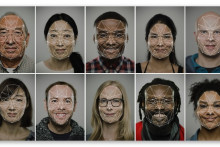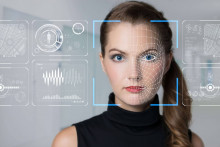Clearview’s Face Surveillance Shows Why We Need a Strong Federal Consumer Privacy Law
The New York Times’ recent story on Clearview AI, maker of a secretive facial recognition app that markets its product to law enforcement, has raised critical questions about what can be done to protect our privacy online. Clearview claims to have amassed a dataset of over three billion face images by scraping websites like Facebook, YouTube, and Venmo.
The solution to the Clearview problem is clear: comprehensive federal privacy legislation that gives consumers real power over their data and real power to fight back.













































































